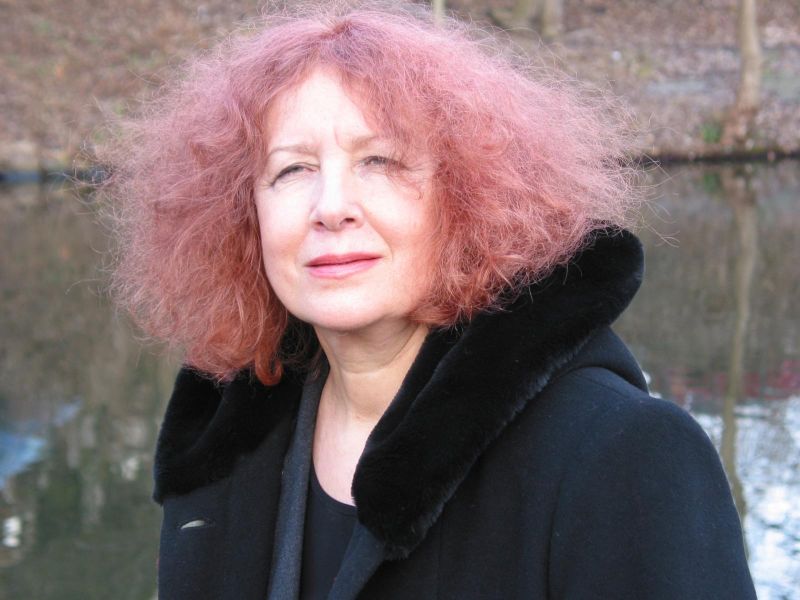Janina Szarek and the Teatr Studio am Salzufer – Tadeusz Różewicz Bühne Berlin
Mediathek Sorted
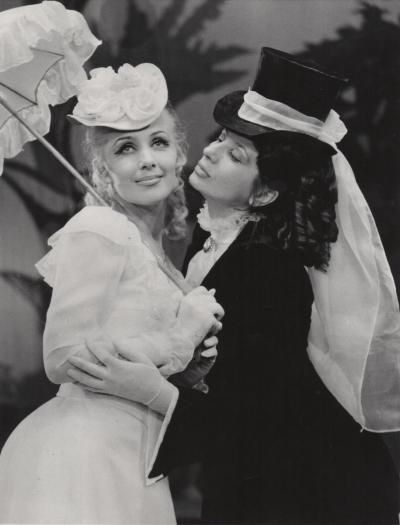
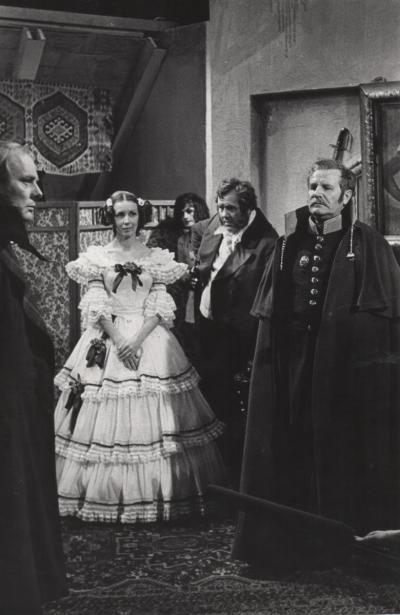
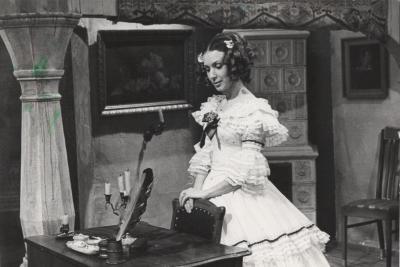
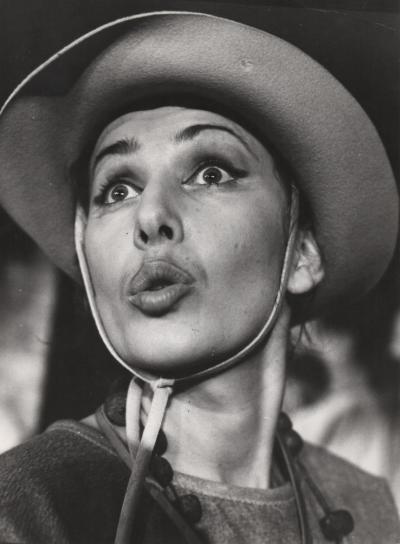
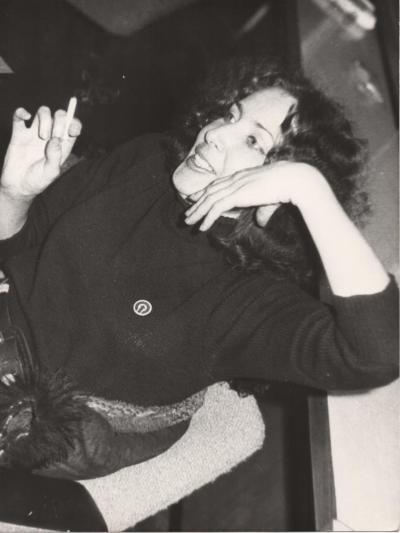
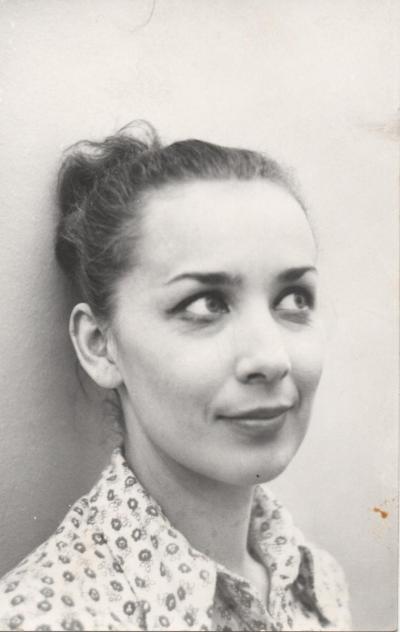
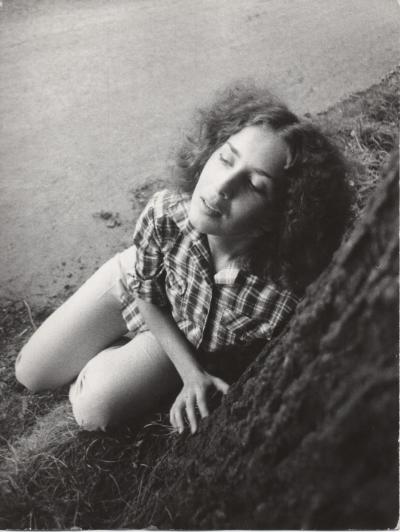
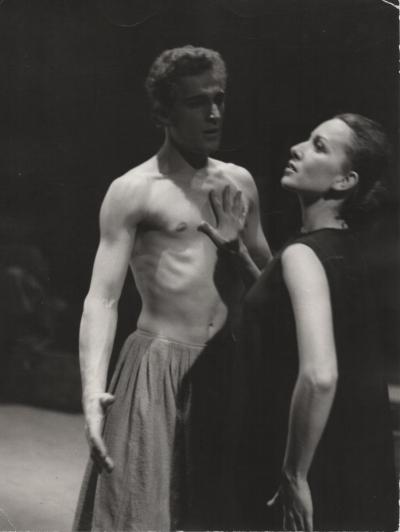
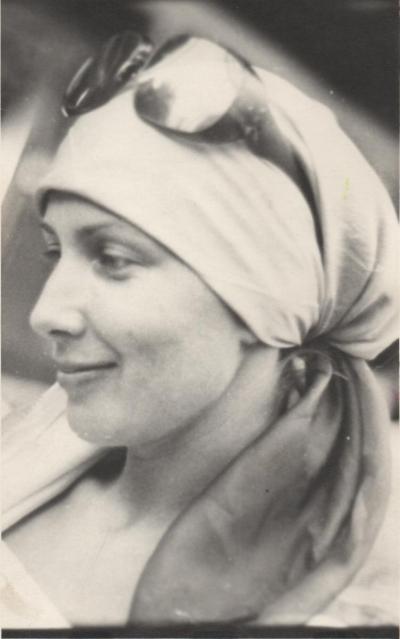
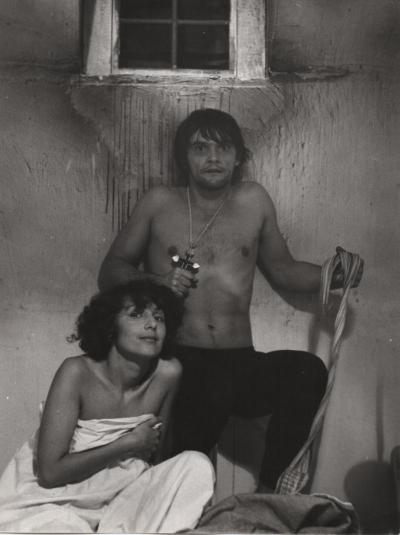
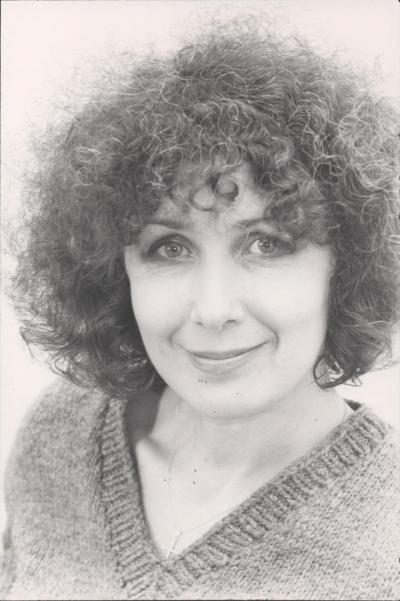
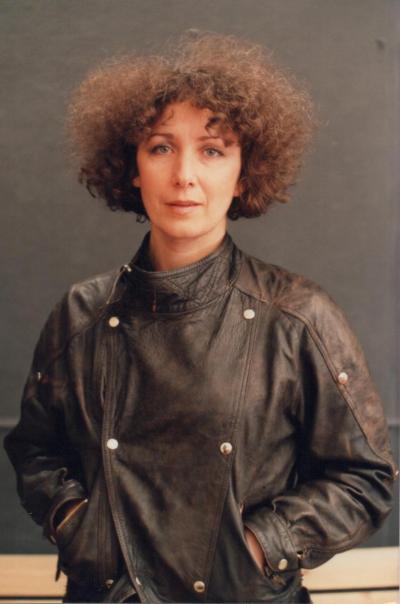
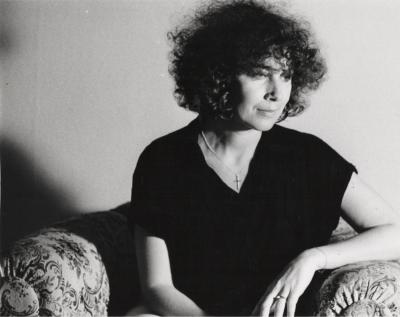
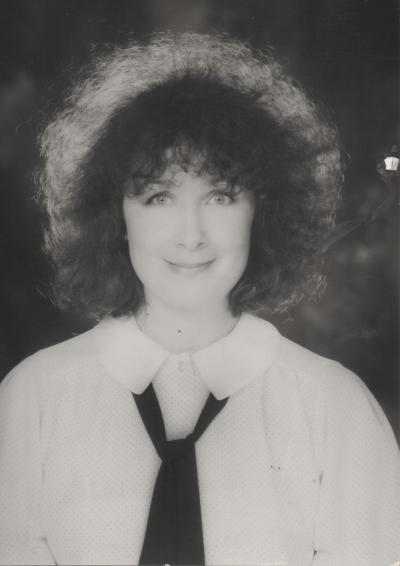
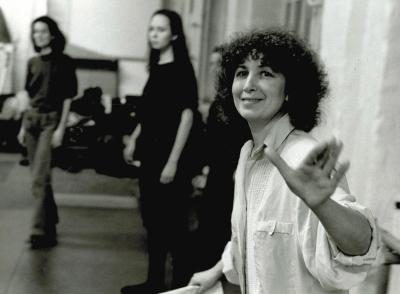
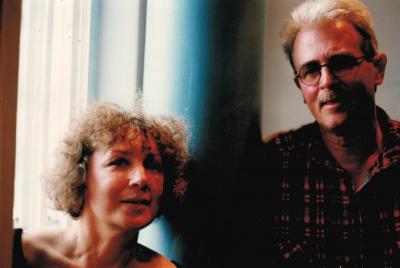
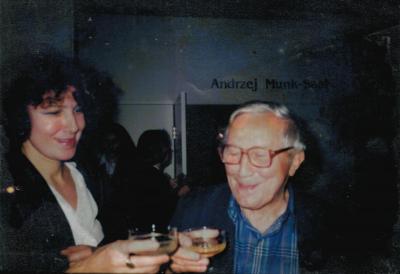
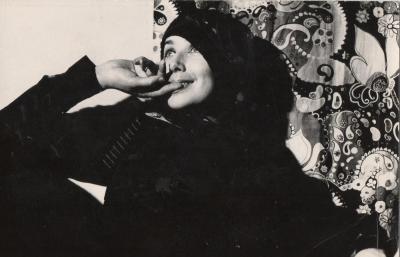
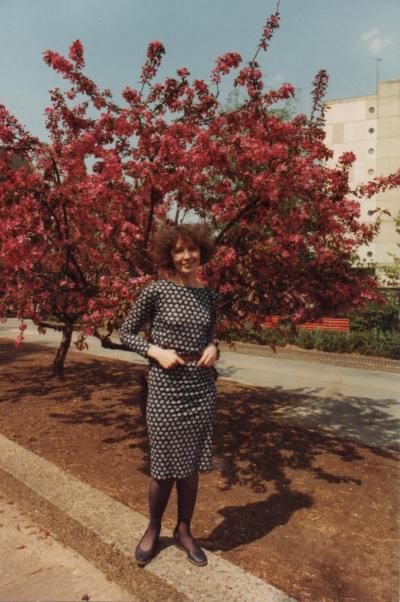
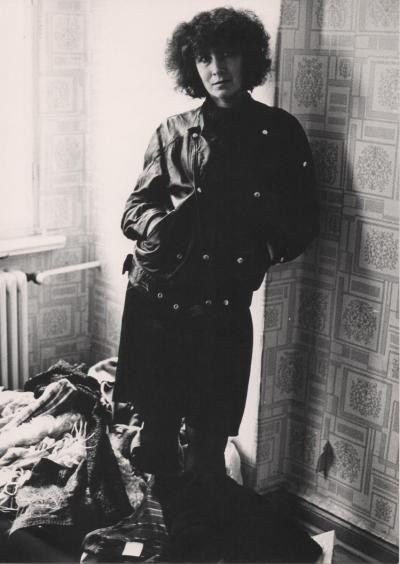
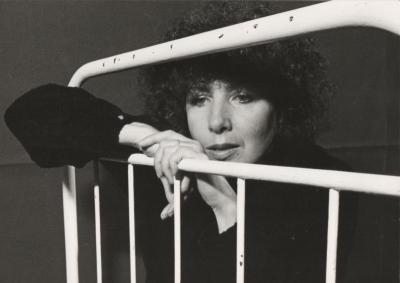
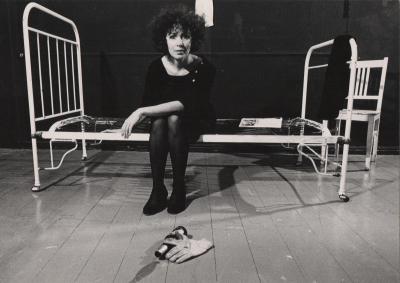
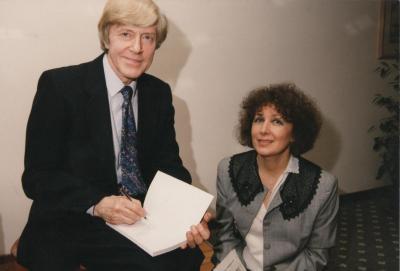
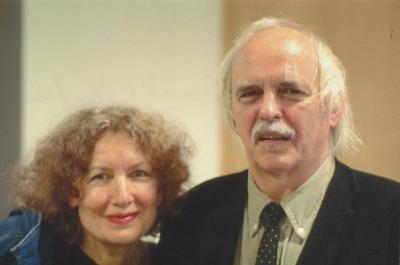
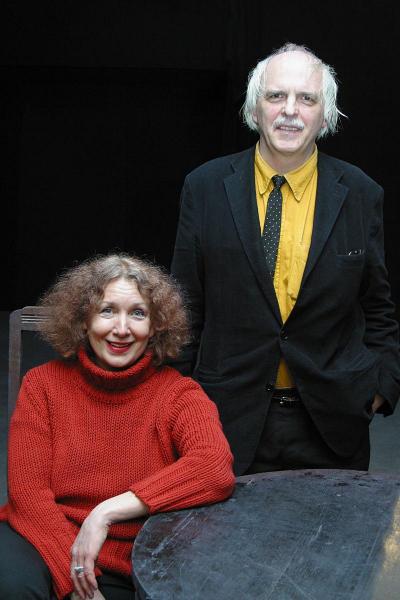
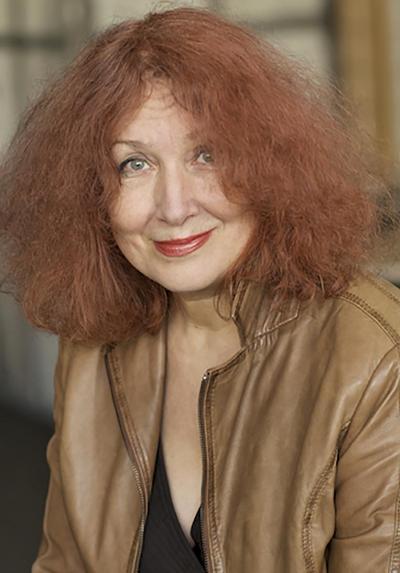
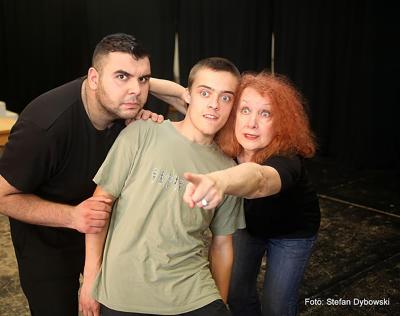
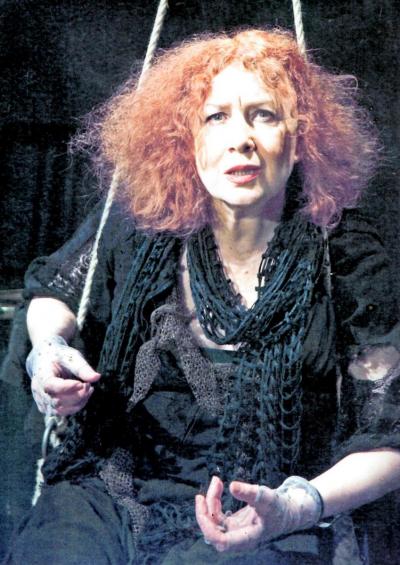
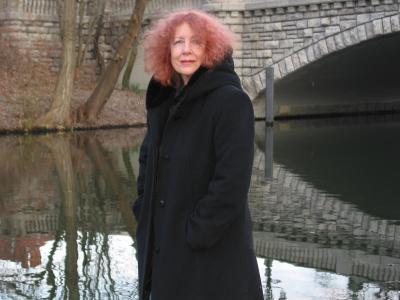

Film "The Madman and the Nun" - St. Ignacy Witkiewicz, Filmstudio Transform, Director: Janina Szarek

Jubileusz 16-lecia Szkoły Aktorskiej TRANSform oraz 14-lecia Teatru Studio

Theatre as a Protest
On 28 February 2004, it happened. The long-held dream of having her own theatre came true when the Teatr Studio am Salzufer opened in the former textile factory at Salzufer 13/14 in Berlin-Charlottenburg. Klaus Wowereit, the mayor of Berlin at the time, took over the patronage. The theatre was to be a German-Polish theatre which, if not exclusively, would predominantly put on plays by Polish authors in German.
The theatre ensemble was made up of students from the TRANSform Drama School which was housed in the same building. In the foreword to her book “Teatr Studio am Salzufer – Tadeusz Różewicz Bühne”, which was published in 2015 to mark the 10-year anniversary of the theatre, Janina Szarek marked the work of the theatre as follows: “Thanks to our openness and growing differentness, young people are fascinated by the German-Polish studio theatre. We are a professional theatre but, in terms of sensitivity and spontaneity, we are a random one. When it comes to making artistic decisions, we are a youth theatre that is far removed from professional routines. (...) The German-Polish theatre holds onto German and Polish set designers, musicians, authors, and gives them the opportunity to make artistic statements. In this obsessive experimental adventure, we can go all out with the young people in the theatre. This allows us to go far beyond conventional boundaries, something that would not be possible with the so-called ‘normal’ acting ensemble.”[6] – tak działalność teatru charakteryzuje Janina Szarek we wstępie do książki „Teatr Studio am Salzufer – Tadeusz Różewicz Bühne“ wydanej w 2015 roku na 10-lecie sceny.
The theatre producer admits that the idea of setting up the theatre came about as a protest against the stereotypical perception of Poles by the Germans who know so little about their neighbours in the East. Before Poland entered the European Union, the artists and intellectuals living as emigrants fostered a special atmosphere of therapeutic confrontation with reality. “We protested against discrimination and cultural marginalisation, against mutual prejudices and mental barriers, against national and cultural German-Polish stereotypes. (…) Our theatre has created a kind of therapeutic role for itself, a particular type of ‘catharsis‘ concerning German-Polish relations. We are not just a place where theatre is made and taught, we are – and this is the most important thing – a place where both cultures meet and move closer together, even if it is not always pleasant to be handed a skewed mirror.”[7]
In conversation with a journalist from the national Polish daily newspaper “Gazeta Wyborcza”, Janina Szarek was even more emphatic about the idea behind the creation of the theatre when she said, “When the Wall fell, the relationship [of the Germans] to Poles was reversed. Suddenly, we stood before them as the country of car thieves and farmers. The average German does not know anything about Polish history, culture, literature. (…) The Germans are difficult partners for us. But it doesn’t make any sense to knock down bridges behind you. We have to talk to one another. Our studio theatre is not just intended to be a meeting point for German and Polish theatre professionals who work together on a production; it should also be a place for personal, artistic, social and cultural-political dialogue in the Berlin of today.”[8]
[6] Janina Szarek, Foreword, [in:] Teatr Studio am Salzufer – Tadeusz Różewicz Bühne. 10 Jahre der deutsch-polnischen Studiobühne in Berlin, p. 8-9.
[7] Elżbieta Baniewicz, Ein halbes Leben in Berlin..., p. 104.
[8] Ewa Podgajna, Polsko-niemiecki teatr narodził się z bólu i protestu [The German-Polish Theatre was born out of pain and protest], Gazeta Wyborcza, Szczecin, No. 111, 2007.




















































































